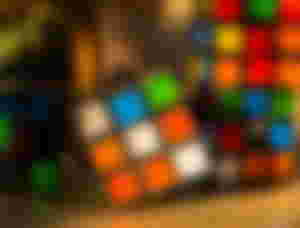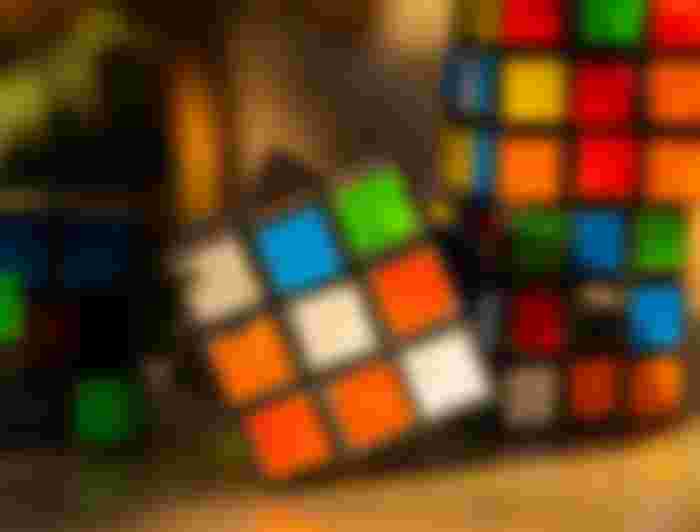How do I memorize things
You can use a variety of methods to keep track of things like historical dates or the periodic table. Find mnemonic techniques on the internet by searching for "mnemonic techniques."
For our purposes, this knowledge is not relevant to the majority of what we are studying. For example, mnemonics can help you recall the causes of World War One, but the specifics of what happened can only be retained through other means.

In order to keep track of this data, you'll need to create complex relationships. Spend 20% of your effort on learning and the rest on testing. Then, after reading a page of material, try to teach what you've learned (you may not have anyone sitting there, but you don't need anyone—just a wall!).
Go back to the book whenever you can't remember a point, find out what you've missed, and then return to teaching this again. Consider the types of questions you would expect students to ask if you were teaching a class.If you're still stumped, refer back to the text.
Learn this page well enough to teach it to others, and then move on.
The following day, week, and month are good times to assess how well you've retained the material.
It's never too late to pick up a new skill. You won't remember anything if you aren't interested in remembering it. To begin with, you must have a strong desire to remember anything, which I achieve by putting myself through the mental exercise of trying to come up with analogies to the material at hand.

No matter how hard I try, I will never be able to remember everything, and this isn't even a goal I've set for myself. But this is one of the things by which I'm trying to get better, and I occasionally realize that at particular periods certain things stick, while they didn't before. I also believe that this is a project that will require a significant amount of time. To recall new information more quickly, the more you learn, the better your ability to relate it to what you already know improves, and this, in turn, improves your ability to retain new information. You'll also discover the best way to learn and recall new information. Developing and applying these methods on a regular basis will take some work, but it will be worth it in the long run.
Many alternatives exist, such as using flash cards, but writing things down in a notebook takes only a few minutes and doesn't require any effort on my part.
I chose simple examples, but I believe this may be applied to more complex subjects as well.


Our teacher said before that it was a good technique when using mnemonic technique, he told us to memorize all of the non organic compounds...hehe ,such as we tend to remember all of those stuff when we uses mnemonic .